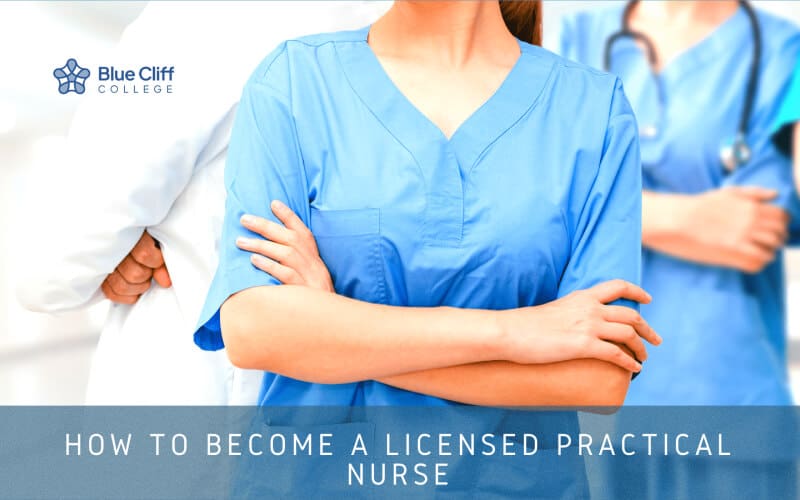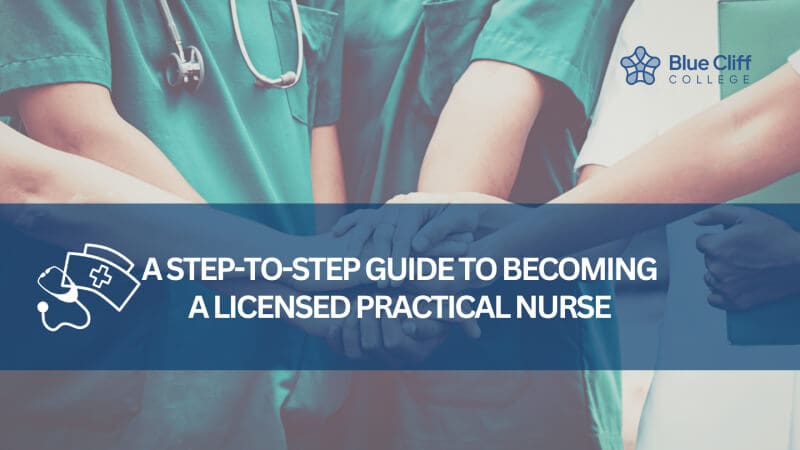Healthcare workers are among the most respectable professions—and the last couple of years has exemplified that point. This field has plenty of opportunities for those with proper training and education and allows you to make a significant impact in your community. One of those great opportunities is becoming a licensed practical nurse (LPN). According to the Bureau of Labor Statistics (BLS), the licensed practical nursing field is projected to grow 6% over the next decade, adding over 58,000 positions annually.
Interested in becoming an LPN? Then take a few minutes to learn more about what it means to be an LPN, their duties, and where you can get your education and training near you.
What Is a Licensed Practical Nurse
There are a few different types of nursing occupations out there, so let’s start by defining what LPN is. A licensed practical nurse position allows you to work in several healthcare settings (hospitals, clinics, etc.) and provide basic nursing care. You may be asked to check blood pressure and vitals or help patients eat, get dressed, and remain comfortable during their stay.
Other Duties of an LPN Include:
- Contributing to individual patient care and the patient plan of care
- Assist with patient record maintenance
- Being clear, concise, and timely with patient information recording
- Start and maintain IVs and prescribed patient medications
- Assist during procedures and tests
- Work closely with Registered Nurses or doctors
- Communicate patient care plans with others
Some states use a different term for this same occupation. So if you’re wondering what the difference is between an LPN vs LVN (licensed vocational nurse)—there is no distinction between them. Texas and California use LVN, but it’s essentially the same job duties/description.
What Skills Are Required To Become an LPN
Although you’re providing ‘basic’ nursing care, you still need skills as an LPN. This goes beyond providing patient care and expands into categories like:
- Excellent communication—Implementing the right patient care plan doesn’t happen by accident; you need to convey new information to other nurses and doctors throughout the day.
- Good bedside manner—You’ll spend a lot of time providing one-on-one patient care.
- Interpersonal skills—Helping patients stay at ease by answering their most pressing questions.
- Organizational skills—You must stay on top of patient care and help keep specific plans on schedule.
- Level-headed decision-making—Things can move fast, and you may need to make decisions quickly to get patients the care they need.
Difference Between LPN and RN
Other comparable occupations to LPNs are RNs, registered nurses. RNs often work with LPNs to provide patient care in several healthcare settings. However, an RN is authorized to deliver direct patient care—like giving meditation or performing tests—where an LN assists.
As you might expect, there are also more education requirements for an RN. Becoming a registered nurse takes a college degree, either an Associate in Nursing Science (ASN) or a Bachelor of Science in Nursing (BSN).
How To Become a Licensed Practical Nurse?
Your first step to becoming an LPN is enrolling in a Licensed Practical Nursing program. This program will prepare you for the National Council Licensure Examination. Depending on the state you plan on working in, you may need to pass an additional state exam. Once you’ve completed the program and passed licensing, you’re ready to start a fulfilling career.
Become a Licensed Practical Nurse at Blue Cliff College
Are you ready to start your career as an LPN? Then learn more about the Licensed Practical Nurse Diploma program at Blue Cliff College. Our 32-credit hour course can be completed in as little as 15 months and prepares you to work in various healthcare settings like a physician’s office, home healthcare, government facility, and more. Take the first step toward a new career today.





